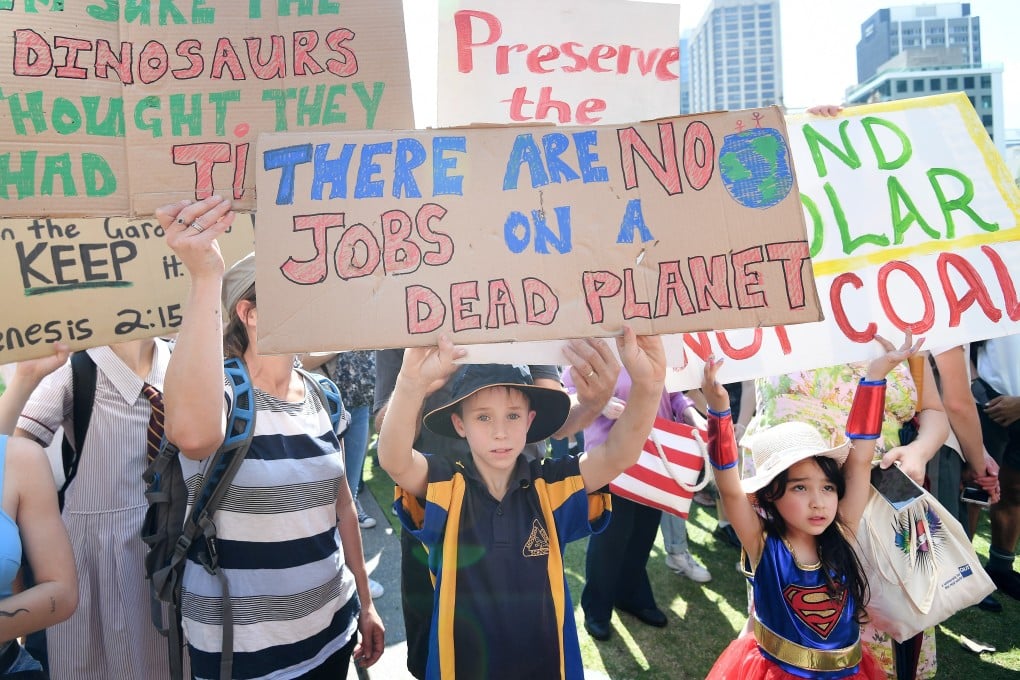Advertisement
Outside In | The climate is changing, the Amazon is burning, trillions are needed – where’s the money coming from?
- The biggest obstacle to climate action is this: the countries that will be most affected by global warming have the least power, but powerful, rich countries that have the means to take action – like the US – don’t worry enough the climate
Reading Time:4 minutes
Why you can trust SCMP

Worry all you like about Hong Kong’s little local difficulties, or Brexit, the United States’ trade war with China or the looming danger of a global recession – there is that other worry that puts all others in the shade. That is climate change, as thousands will doubtless be telling us as they gather this weekend in New York for the UN Climate Action Summit.
Against a backdrop of the Amazon jungle ablaze, Hurricane Dorian wreaking havoc across the Bahamas, and innumerable other climate indicators blinking red, scientists and environmentalists alike will be tabling incontrovertible evidence of the need for massive action to avert catastrophe.
A year ago, the Intergovernmental Panel on Climate Change warned that we had a window of 12 years to bring carbon emissions under control, and called for US$2.4 trillion a year to be invested in clean energy. Last week, a new report from the Global Commission on Adaptation called for US$1.8 trillion to be spent between 2020 and 2030 to mitigate a crash in crop yields; a competition for water supplies between up to 5 billion people; the displacement of hundreds of millions of people in coastal communities as sea levels rise; and the consequences of around 100 million people being shoved back under the UN’s US$2-a-day poverty line.
Advertisement
Antonio Guterres, United Nations Secretary-General, does not mince words: “Nature is angry … You cannot play games with nature. Nature strikes back.” He has reminded the 60-odd global leaders attending the Climate Action Summit about their commitments under the Paris Agreement to mobilise US$100 billion a year to support developing economies in mitigation and adaptation.
In a novel and hopefully effective effort to name and shame countries, he is only allowing leaders to speak at the summit if they commit to at least one of three things: carbon neutrality by 2050; a significant improvement on the present commitment to cut emissions; a “meaningful” pledge to the Green Climate Fund.
Advertisement
Advertisement
Select Voice
Choose your listening speed
Get through articles 2x faster
1.25x
250 WPM
Slow
Average
Fast
1.25x
